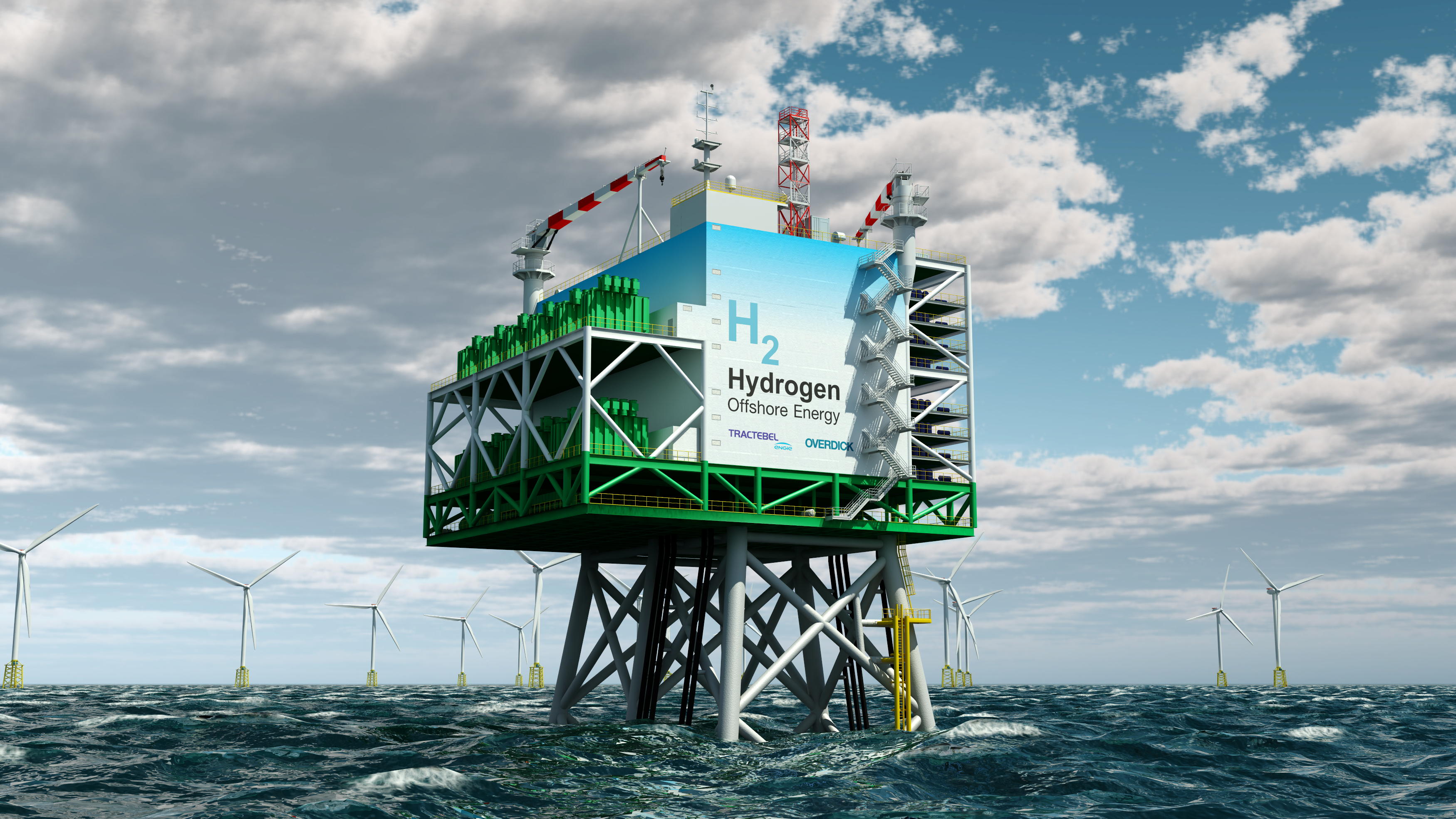“We should be honest about need for blue hydrogen and CCS” – FDP's Lukas Köhler

Clean Energy Wire: Which topics or events do you think will dominate Germany’s energy and climate debate in 2021 - also considering the implications of the ongoing COVID-19 pandemic?
Lukas Köhler: In view of the pandemic and especially the resulting tense economic and financial situation, it will be particularly important to achieve effective climate action as cost-efficiently as possible. Therefore, I expect a stronger focus on how we can get maximum climate action out of every euro invested. Climate policy must no longer be ideologically motivated for or against individual sectors or technologies but must be geared solely towards achieving the climate goals. We will certainly have more of this debate this year. Whether the corresponding implementation succeeds will depend mainly on the outcome of the federal elections in September. In any case, the FDP will make an appropriate offer.
In view of the upcoming general elections, what are the FDP’s main agenda points for climate action in the different sectors, and which ones will be the toughest issues?
The most important thing for the FDP is a climate policy approach that encompasses all sectors. Topping our agenda is therefore the integration of the sectors still missing into EU emissions trading. The CO2 limit in emissions trading guarantees that all climate targets will be met. Further regulation in the individual sectors would then not only be pointless but would drive up costs. Politicians must specify the total amount of greenhouse gases that may be emitted and must continuously reduce that figure until climate neutrality is achieved in 2050. But the geographical distribution of these emissions is better regulated by the market - and the same applies to the selection of suitable technologies. At the end of the day it is up to the consumers to decide whether they opt for e-cars or internal combustion engines with climate-neutral e-fuels.
To enable important industries to switch to hydrogen as a fuel for their production, large quantities of the gas must be made available - this will probably only succeed in the foreseeable future if, in addition to green hydrogen, we also permit the entire colour range of hydrogen in large quantities and classify it as equally climate-friendly. As for blue hydrogen, we will have to conduct a debate on carbon capture and storage (CCS), which will also be an issue in the context of negative emissions and unavoidable process emissions in certain industries. Some of our political competitors don't like to hear this, but we should definitely be open and honest about this issue, even in an election year.
"Topping our agenda is the integration of the still missing sectors into EU emissions trading."
While electricity prices are rising in several regions, how will the introduction of a CO2 price in the building and transport sectors affect the country’s future climate and energy policy? Do you anticipate new resistance from the public to the Energiewende?
In principle, people accept the CO2 price. However, I see major problems with the Fuel Emissions Trading Act (BEHG) that could actually lead to resistance. Especially in the first few years, the CO2 tax will not lead to a significant reduction in emissions, while consumers and companies will have to pay tens of billions of euros. This will certainly make many people question the rationale behind the whole thing, especially since money is scarce in many households and companies due to the pandemic. Should the law prove to be unconstitutional, consumers -- unlike the distributors of fuel -- would end up empty-handed in the event of a repayment. This, too, would create a socially explosive situation. The BEHG must therefore be merged into the EU’s emissions trading system as quickly as possible, which would solve both problems.
The European Union is about to raise its emissions reduction target for 2030. What are the implications for Germany?
Hopefully that it will make national climate targets unnecessary. In this context, the European Commission has already published a proposal for the expansion of emissions trading under the Green Deal. If this is implemented quickly, effort-sharing will become largely superfluous.

